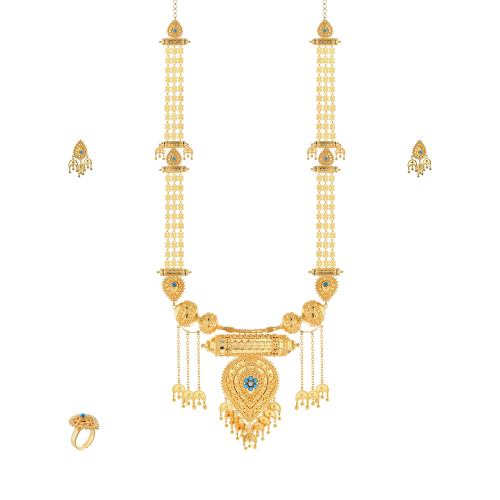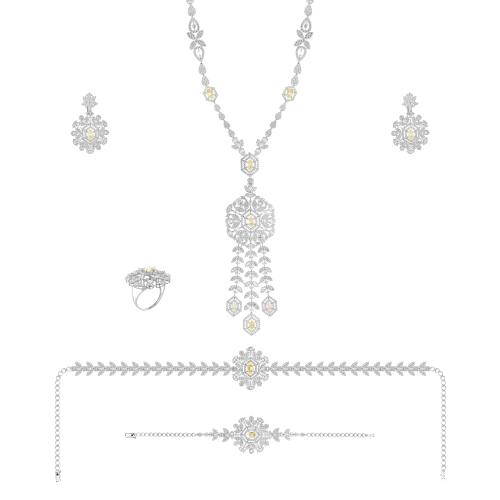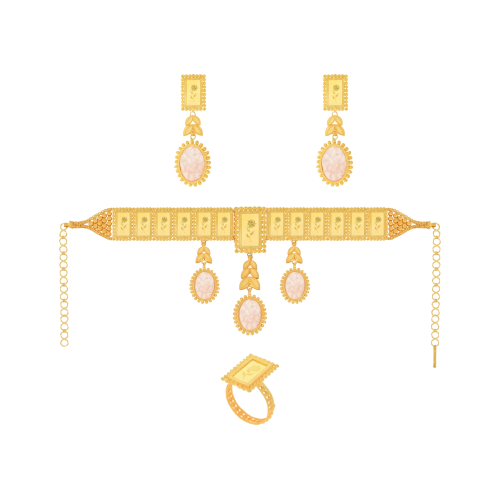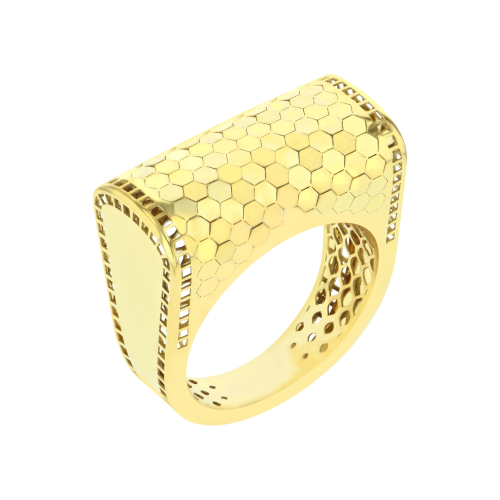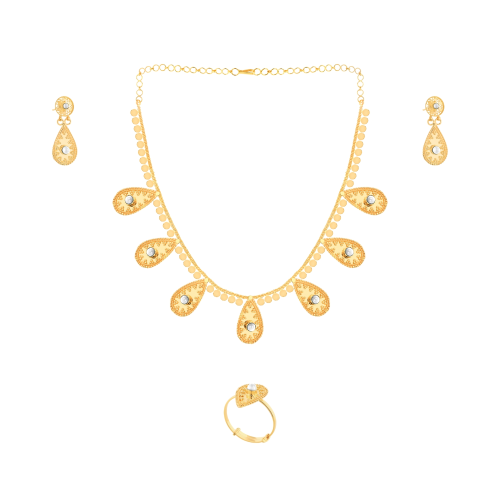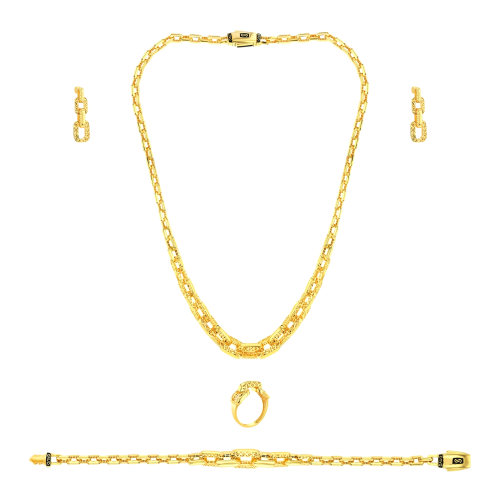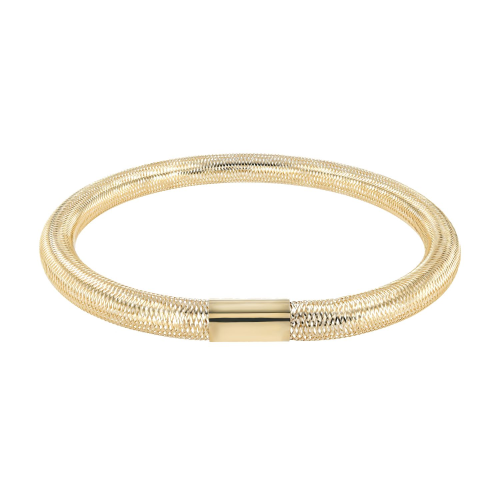Understanding Gold's Value During Ramadan
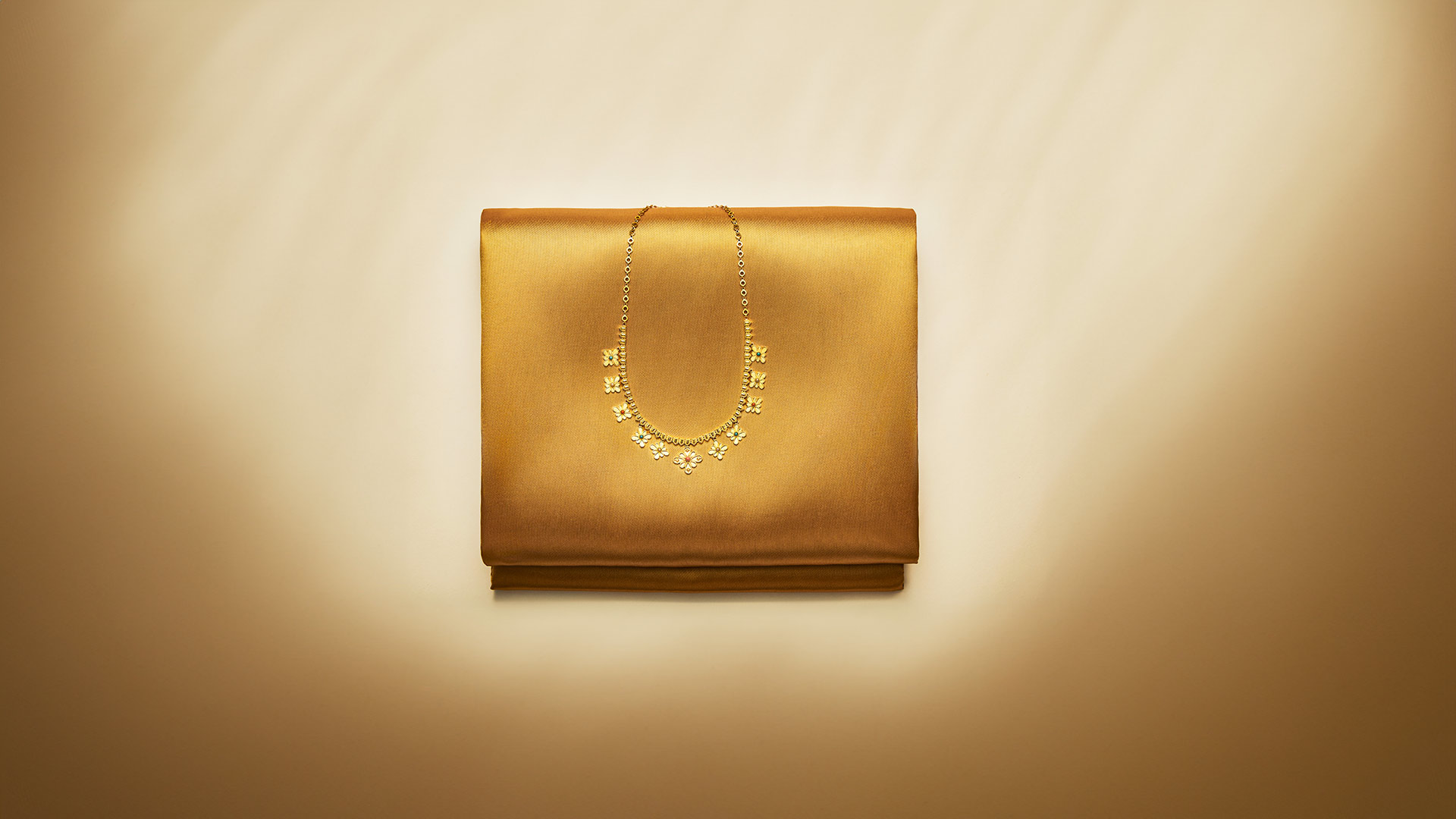
As the crescent moon signals the beginning of Ramadan, Muslims worldwide enter a month of spiritual reflection, prayer, and giving. Among the five pillars of Islam, Zakat—the practice of charitable giving—takes on special significance during this holy month. For many Muslims, gold represents not only a tangible store of wealth but carries deep spiritual importance in fulfilling Zakat obligations.
The Spiritual Economy of Ramadan
Ramadan transforms daily life into a spiritual journey, where physical restraint through fasting opens pathways to deeper spiritual awareness. This transformation extends beyond personal devotion to community responsibility, with Zakat serving as the financial embodiment of faith in action.
While Zakat can be calculated and given at any time during the year, many Muslims choose Ramadan for this obligation. The heightened spiritual atmosphere of the month amplifies the blessings associated with charitable acts, making it an ideal time to fulfill this pillar of Islam.
Gold in Islamic Tradition
Gold holds a distinctive place in Islamic financial tradition, serving as a stable measure of wealth across centuries. Since the early days of Islam, gold has been recognized as a reliable standard for calculating Zakat. Unlike modern currencies subject to inflation and market fluctuations, gold has maintained relatively consistent value, making it an enduring benchmark for charitable giving.
The Prophet Muhammad established specific thresholds (nisab) for Zakat on gold. When a Muslim's wealth in gold reaches or exceeds the nisab—approximately 87.48 grams or 7.5 tolas of gold—held for one lunar year, they become eligible to pay Zakat on this wealth.
Calculating Zakat on Gold
The process of calculating Zakat on gold combines mathematical precision with spiritual intention:
- Determine eligibility: Assess whether your gold holdings meet or exceed the nisab threshold of 87.48 grams.
- Calculate the value: Determine the current market value of your gold assets. This requires staying informed about gold prices, which can fluctuate significantly.
- Apply the 2.5% rate: The standard Zakat rate is 2.5% of the total value of eligible gold.
- Consider form and purpose: Different rules may apply depending on whether gold is kept as investment, jewelry for personal use, or trade goods.
Many Muslims find that Ramadan provides an ideal opportunity to conduct this annual financial assessment. The month's focus on spiritual accounting naturally extends to material accounting, creating a holistic approach to purification.
Modern Challenges in Valuing Gold for Zakat
Today's Muslims face unique challenges when determining gold's value for Zakat purposes:
Market Volatility: Gold prices can fluctuate dramatically in the modern global economy. During Ramadan, which follows the lunar calendar and falls in different seasons each year, gold prices may be affected by various economic factors unrelated to the religious observance.
Diverse Forms of Gold: Muslims may possess gold in multiple forms—coins, bars, jewelry, or even gold-backed securities. Each form may require different considerations when calculating Zakat.
International Perspectives: Muslims living across different countries encounter varying gold standards, market values, and currency exchange rates, adding complexity to Zakat calculations.
Digital Assets: The emergence of digital gold investments and gold-backed cryptocurrencies introduces new questions about how these modern financial instruments align with traditional Zakat principles.
Practical Wisdom for Ramadan Zakat on Gold
For Muslims navigating these complexities during Ramadan, several approaches can help maintain both spiritual integrity and financial accuracy:
Consult Knowledgeable Sources: Seeking guidance from qualified scholars who understand both Islamic finance and contemporary economic realities provides clarity on proper Zakat calculations.
Use Technology Wisely: Numerous apps and online calculators have been developed specifically for Zakat determination, many of which update gold values in real-time. These tools can simplify the process while maintaining accuracy.
Plan Ahead: Rather than waiting until the last days of Ramadan, consider calculating Zakat early in the month to allow time for thoughtful distribution of funds.
Documentation: Maintain clear records of gold assets, previous Zakat payments, and acquisition dates to ensure consistent compliance with Zakat requirements year after year.
Beyond Calculation: The Deeper Meaning
While accurate calculation is important, understanding the spiritual dimensions of Zakat on gold reveals its true significance. The Arabic word "Zakat" carries connotations of purification and growth. When applied to gold and wealth, this suggests that the act of giving purifies remaining wealth and creates conditions for both spiritual and material prosperity.
Gold's enduring value makes it a powerful symbol of this principle. Unlike paper currency, which deteriorates over time, gold maintains its luster and worth—reflecting how wealth, when properly purified through Zakat, retains its blessing and value.
During Ramadan, as Muslims experience hunger through fasting, the act of giving Zakat on valuable assets like gold creates empathetic connections with those experiencing poverty. This alignment of personal experience with charitable action embodies the holistic nature of Islamic spiritual practice.
Looking Forward: Preserving Tradition in Changing Times
As financial systems evolve and new forms of wealth emerge, the principles behind Zakat on gold remain relevant. The fundamental concept—that a portion of accumulated wealth should circulate to benefit those in need—transcends specific forms of currency or investment.
During Ramadan, Muslims worldwide engage in this beautiful tradition that connects ancient wisdom with contemporary responsibility. The calculation of Zakat on gold becomes not merely a financial obligation but a moment of reflection on the proper relationship between material wealth and spiritual values.
As families gather to break their fasts at sunset meals (iftar), conversations about Zakat distribution represent one of the most meaningful expressions of Ramadan's community spirit. The gold that adorns homes and bodies becomes transformed, through the mechanism of Zakat, into education for children, medical care for the sick, and sustenance for the hungry.
In this transformation lies the true art of Zakat—the ability to see beyond gold's material value to its potential for creating positive change when directed by compassionate intention and spiritual discipline.
As Ramadan progresses toward its culmination in Eid al-Fitr, the practice of Zakat on gold stands as a testament to Islam's integration of financial responsibility with spiritual growth—a harmonious balance especially visible during this blessed month of reflection and renewal.

Our Promise
Fast shipping
Receive your jewelry in maximum 3 days.
Return guaranteed
Requesting a return is quick and easy.
Ethical Sourcing
Ethically Sourced Materials
Payments
Buy in the most convenient way for you.
